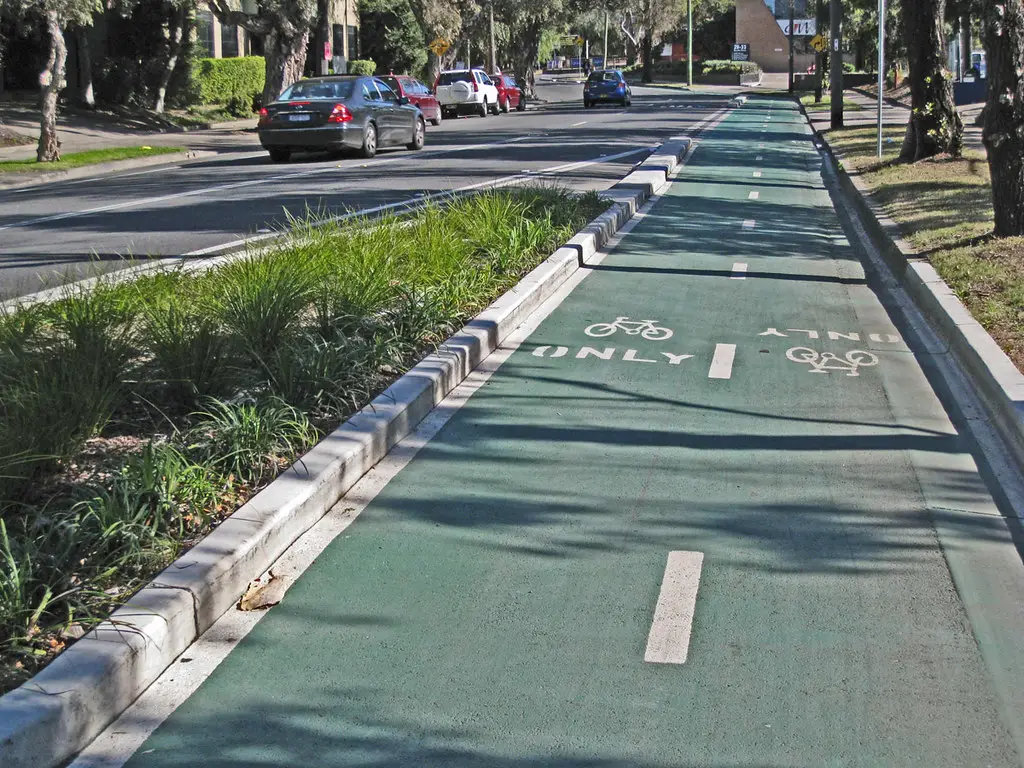London’s Transport System to Become a World Leader in Ticketing Technology
Transport for London – the government organisation responsible for London’s transport system – has announced that the city is to introduce a revolutionary ticketing system just in time for the 2012 Olympics.
At present, London’s public transport system is accesible via two systems. Tickets can be bought when required, or an Oyster card – essentially a charge card specifically for the London transport network – can be used. There are many advantages to the Oyster card. Tickets are considerably cheaper, queues are shorter, and public transport moves more swiftly. Public transport users simply touch their Oyster card to a card reader and the appropriate amount of money is deducted from the card – no more purchasing tickets from bus drivers, and wasted time caused by travellers rummaging for change is reduced considerably. The cards can be topped up in varying amounts either at stations, online, or can have automatic top-up enabled.
However, Tfl has decided to improve on this technology, upgrading its entire network of readers in time for the London 2012 Olympics. In addition to cash and Oyster, Londoners and visitors to the city will soon be able to pay for public transport simply by using their contactless debit or credit card.
There are already 12 million contactless bank card in use in the UK, with Mark Austin, head of Visa Contactless, expending 20 million more to be issued by 2012.
The timing of this change is, of course, vital. With the eyes of the world on London, and millions of visitors flocking to the city in 2012, a simple and accessible transport network will improve London’s functionality for both tourists and locals, presenting the city in a positive light at the same time.
Of the developments, London’s Mayor, Boris Johnson, said (in a manner that only he could get away with):
It is tip top news that from next year a simple tap of a contactless bank card will be enough to whizz you from A to B in this great city. London leads the way in so many different fields and we will be the first in the world to allow the millions using our Tube, trams, buses and trains to benefit from the ease of using this technology.
Interesting that there is no mention of London’s new and highly successful cycle hire scheme. Having missed out on Oyster card integration, will it also miss out on the contactless card system?
No pricing details have emerged yet, but with prices differing between cash and Oyster, it is not a given that those using the contactless card system will pay as little as Oyster card users – especially as Will Judge, Head of Future Ticketing at Tfl, has called the system ideal ‘as a back up for when the Oyster card is left at home’.
This is all speculation, however. What is clear is that London’s transport network is refusing to sit still, and with the looming pressure of the Olympics it is taking steps to become an innovative world leader. This has got to be a good thing for millions of Londoners and visitors to the city.
Photo: Mirka23


